Bailey Thompson | News Editor
Of all the things happening at Abby’s House this term, one of the biggest piece of news is the addition of Lisette Cervantes to the Abby’s House professional staff. After receiving a grant last March, Aislinn Addington, Abby’s House Director, initially struggled to find someone to fill the position; however, it worked well to hire Cervantes because of her unique perspective as a student, her training and her experience at Western.
Moving forward, Cervantes will spend 60-70% of her time at Abby’s House and 30-40% with the Food Pantry. Addington shared that her duties will be beneficial because she will provide direct support to Spanish-speaking students as well as reach out to traditionally underserved populations like LGBTQ students and students with disabilities to see what ways they can be better served at Abby’s House. This will also be the first time that professional staff hours have been dedicated to supporting the Food Pantry.
On top of welcoming Cervantes, there are a number of events coming up during Spring Term that students can put on their calendars.
“April is traditionally Sexual Assault Awareness Month, but in Oregon we’ve switched that up a little bit so it’s Sexual Assault Action Month,” said Addington.
Coming up, Abby’s House will be promoting their Start by Believing Campaign, which urges students to be loving and supportive of individuals who come to them about sexual assault.
Another event Addington is excited about is called “The Truth about Trafficking,” which will be held on April 18 in Abby’s House.
“Ashley Anstett from the Sexual Assault Task Force is coming to campus to talk about human trafficking in Oregon,” said Addington. She will be talking with the Western community about the issue locally as well as what people can do to be supportive to survivors.
On April 25, Abby’s House will be collaborating with Alpha Chi Omega to have a Denim Day table where they will have students make DIY denim crafts. They will also tell them about Denim Day — a day recognized every year which commemorates an instance in Italy in 1992 where a young woman was sexually assaulted by her drivers ed instructor, but where the court initially ruled that she had given consent because she was wearing tight jeans.
“Jeans are just a reminder of the amount of victim-blaming that goes on and the difficulty that we have in prosecuting these crimes everywhere,” said Addington.
A couple of other things that students can look out for in the upcoming term are the Student Health and Counseling Center beginning to offer forensic exams for students and Abby’s House putting on an event about alternatives to traditional menstrual products.
If students would like to learn more about any of these events or if students are interested in becoming an Abby’s House advocate for the 2019-2020 academic year, they can email Addington at addingtona@wou.edu or Cervantes at cervantesalmontel@wou.edu. They can also contact a new confidential advocate email address, confidentialadvocate@wou.edu, if they would like to share something with a confidential advocate like Addington or Cervantes.
Contact the author at howlnews@wou.edu



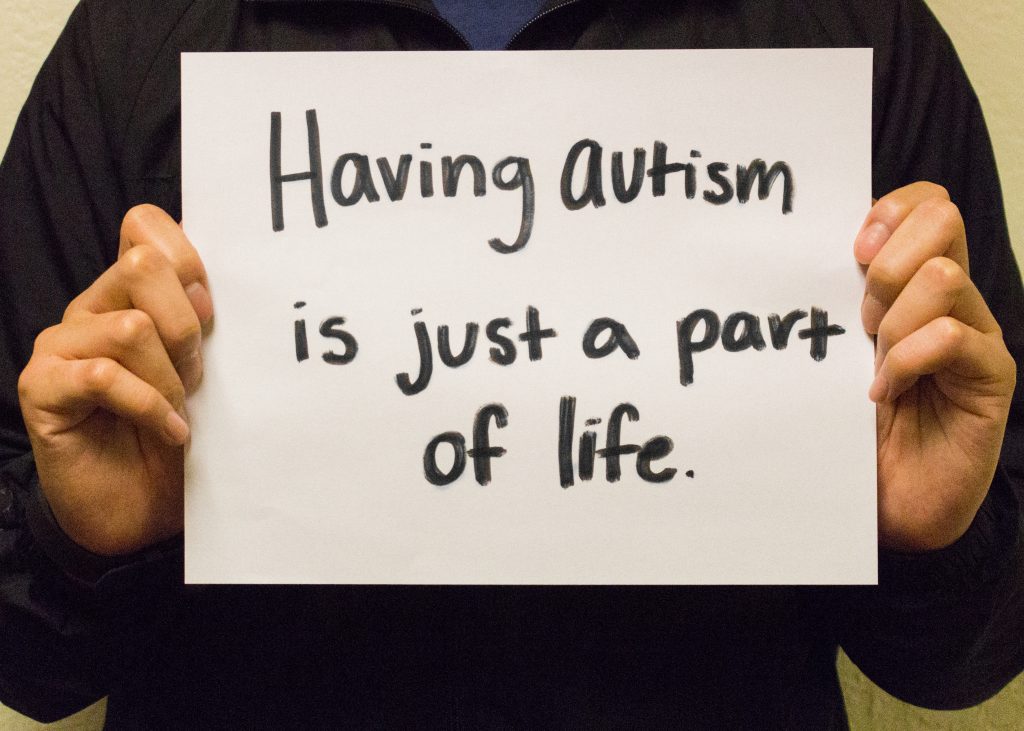
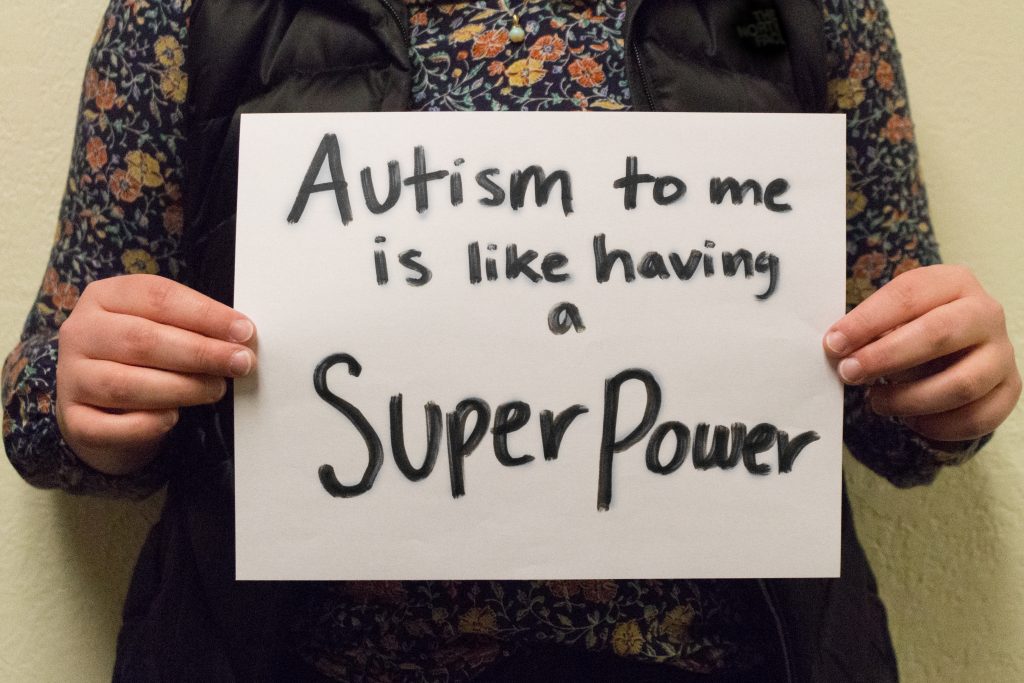
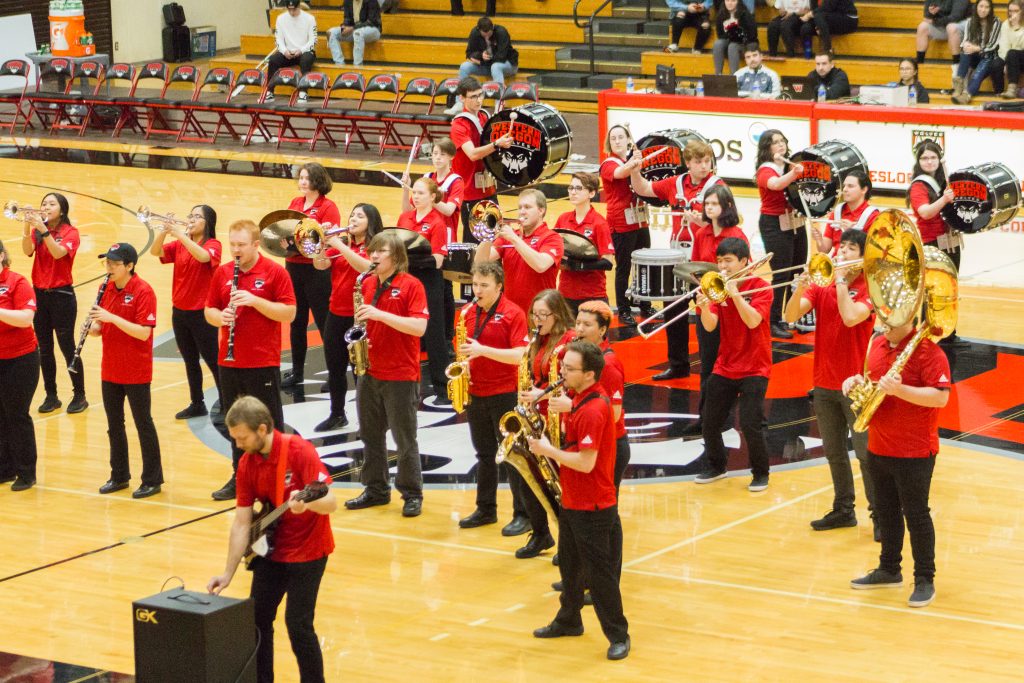
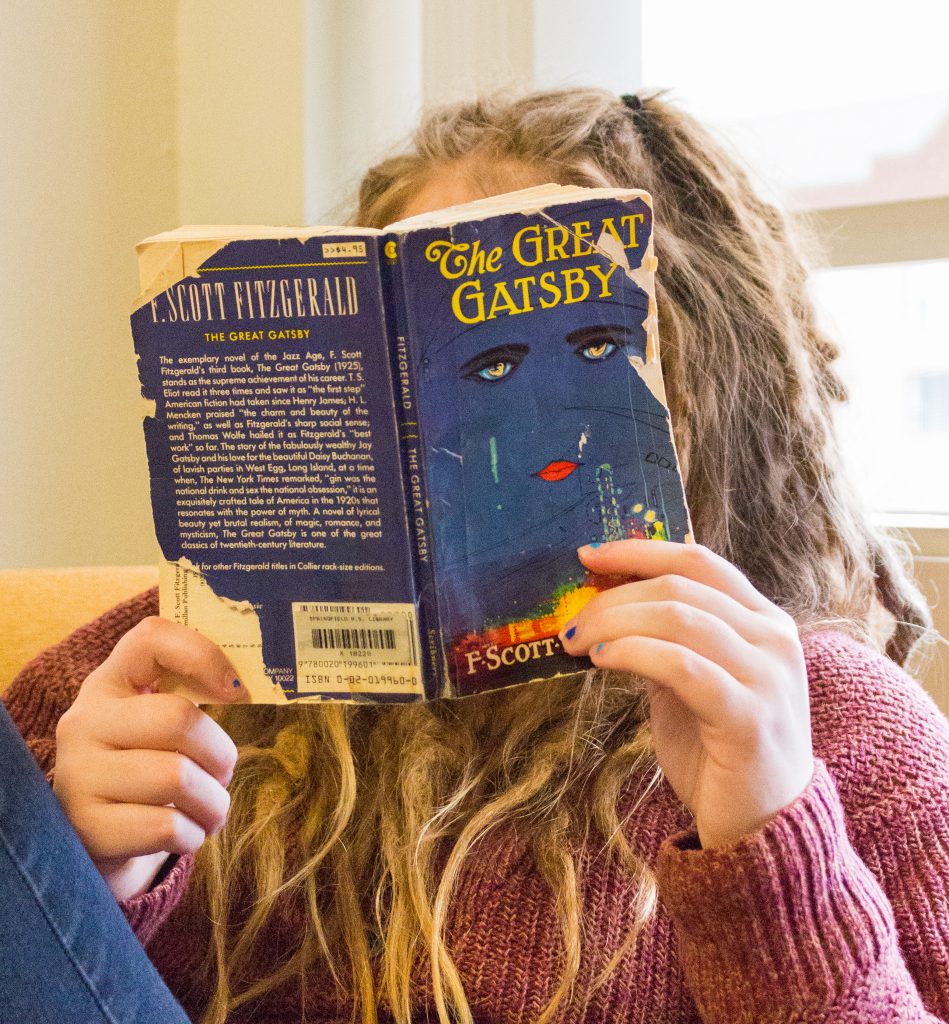

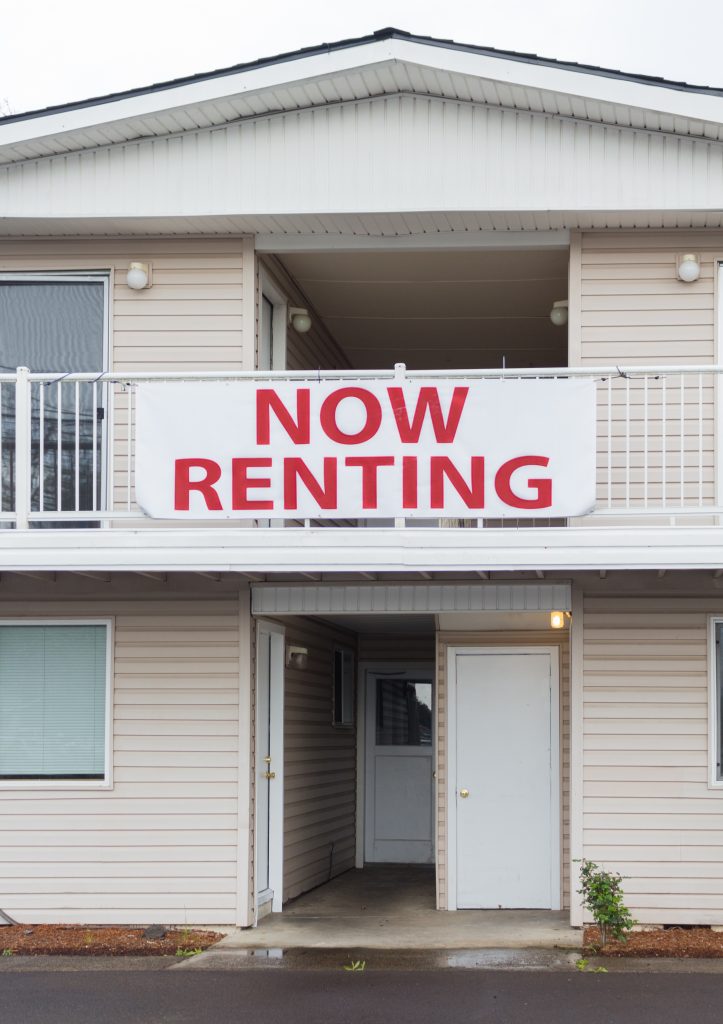
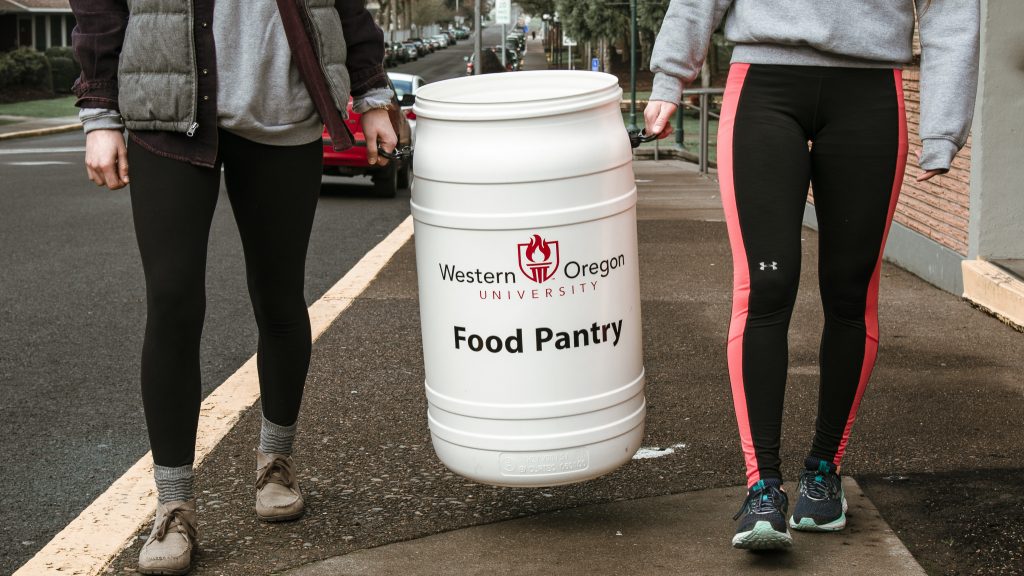

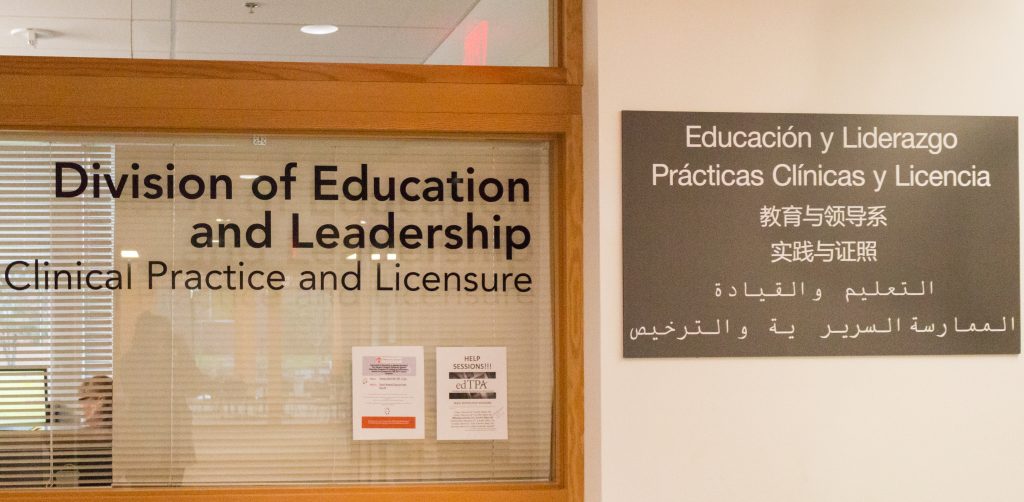
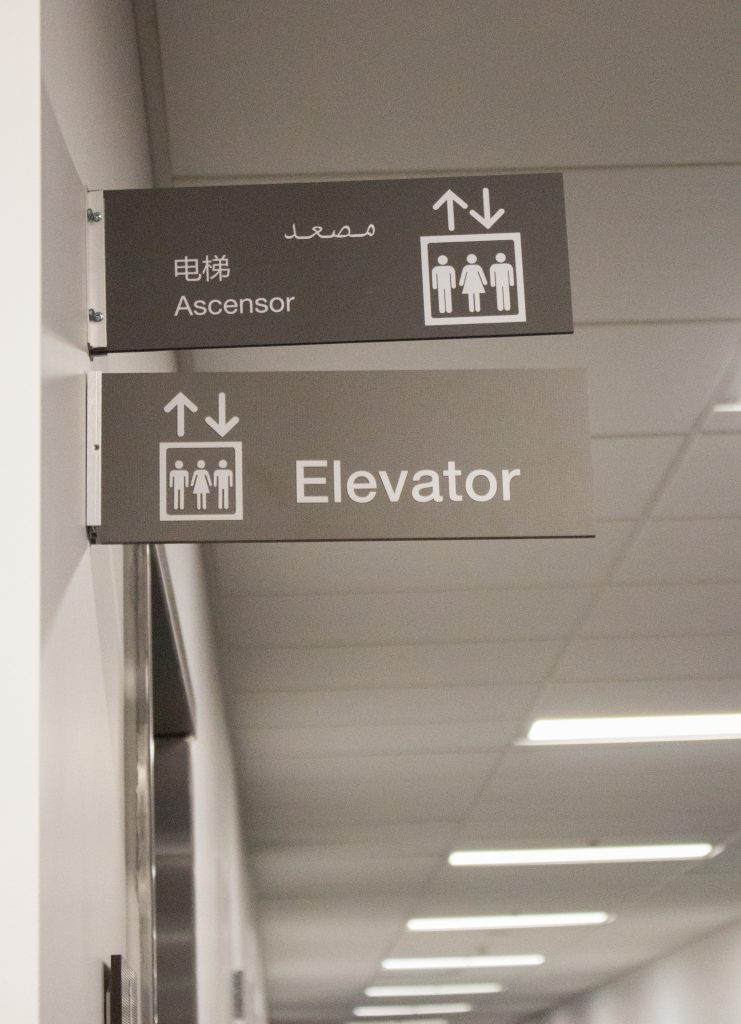 “It was really fortuitous that I had this class at the same time,” said Troyer. “I think that us inviting Mark to class and having (a) discussion motivated him to be a little more proactive about getting it done.”
“It was really fortuitous that I had this class at the same time,” said Troyer. “I think that us inviting Mark to class and having (a) discussion motivated him to be a little more proactive about getting it done.”